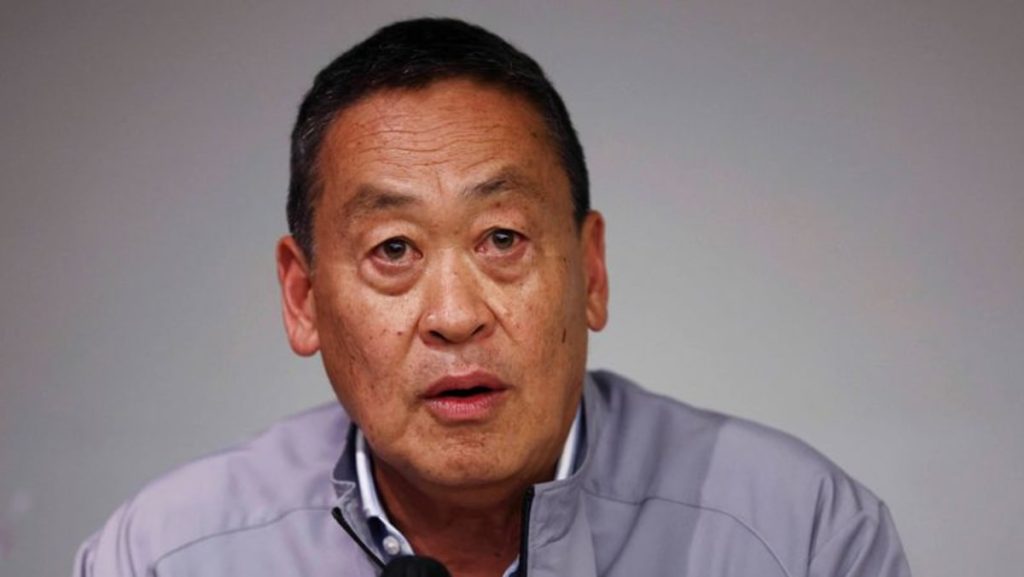As Thailand looks towards selecting a new Prime Minister, several candidates have emerged as potential contenders for the role. One of the top prospects is Paetongtarn Shinawatra, the daughter of Thaksin Shinawatra, the billionaire figurehead of the Pheu Thai Party. Paetongtarn is also the leader of the party and would become the third Shinawatra to take on the position of Prime Minister if chosen by parliament. Her family’s political legacy and influence within the party make her a strong candidate for the role.
Another possible candidate for Prime Minister is Anutin Charnvirakul, the Interior Minister and deputy premier of Thailand. Anutin played a key role in pushing for the liberalization of cannabis laws in the country and is the leader of the Bhumjaithai Party, the second-largest partner in the current coalition government. His efforts to bring about significant policy changes in the country could work in his favor as he vies for the top position.
Prawit Wongsuwan, an influential former army chief and leader of the conservative and military-aligned Palang Pracharat Party, is also a potential candidate for Prime Minister. Prawit has a reputation as a political deal-maker and has been involved in orchestrating coups against the Shinawatra governments in the past. His strong ties to the military and conservative factions make him a formidable contender for the role.
Chaikasem Nitisiri, a former justice minister and stalwart of the Pheu Thai Party, is another candidate who could potentially be chosen as Prime Minister. Similarly, Energy Minister Pirapan Salirathavibhaga, who heads the conservative Thai Raksa Chart party, is also in the running for the position. Both individuals bring a wealth of political experience and connections to the table, making them viable choices for the role of Prime Minister.
Overall, the selection of the next Prime Minister of Thailand will depend on a variety of factors, including political alliances, party dynamics, and individual leadership qualities. The candidates mentioned above each bring their own strengths and weaknesses to the table, and their ability to garner support from within their parties and coalitions will play a crucial role in determining the outcome. As Thailand navigates a period of political transition, the choice of Prime Minister will be a critical decision that could have far-reaching implications for the country’s future.















